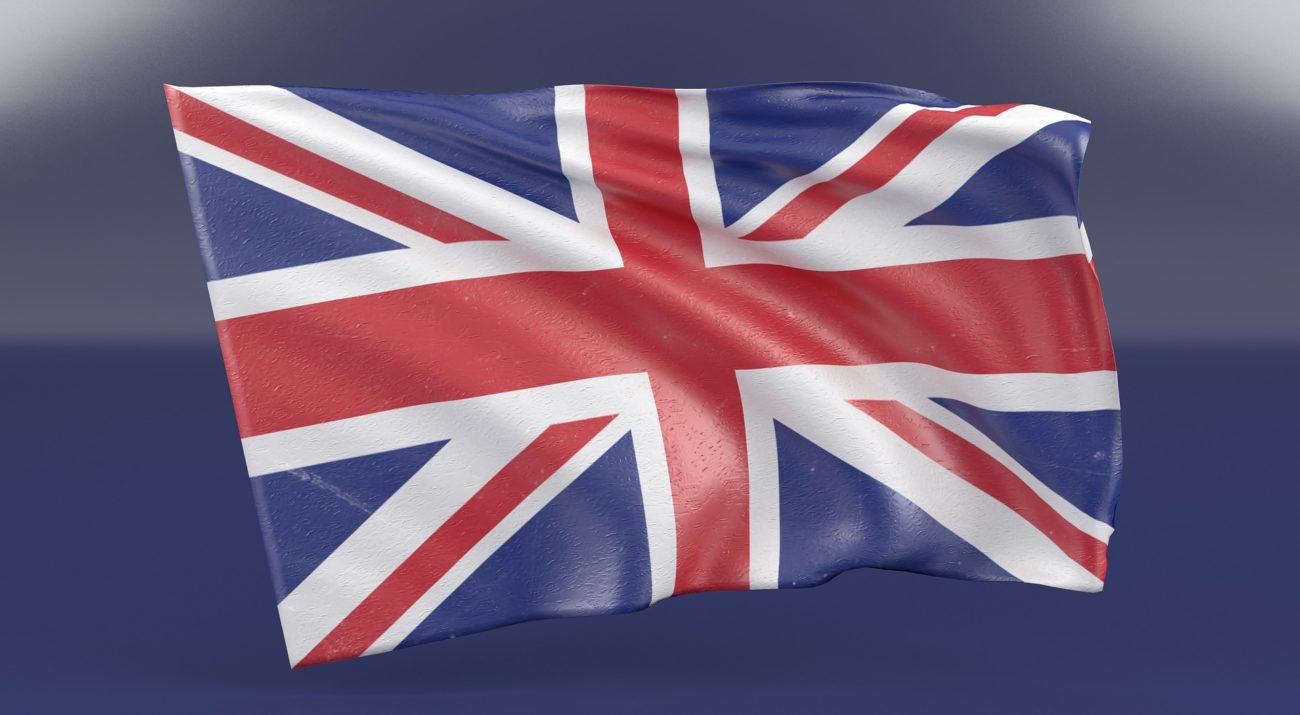
Gaming in many of its forms is perfectly legal in the UK through licensed operators. Stepping into a betting shop and placing a bet on a football game is practically a sport in itself in the UK.
If you have not yet registered for eServices, you can do so by emailing licensing@gamblingcommission.gov.uk. Or you can pay by BACS, our bank details are below, ensure you include your invoice number or account number. Bank: Barclays Account name: Gambling Commission Income Account Sort Code: 20-05-75 Account: 20358363.
Gambling wasn't always tax-free however—check out the section below for a summary of the history of gambling and taxes in the UK. History of Gambling Laws Betting shows were first legalised with the 1960 Betting and Gaming Act, in which a tax was levied either on stakes or winnings in high street betting shops. Gambling: weekly UK household expenditure 2019, by gross income Published by S. Lock, Nov 19, 2020 Households in the highest tenth gross income decile group in the United Kingdom (UK) spent an. Remote gambling is growing in popularity in the United Kingdom. According to the survey conducted by the Gambling Commission, as of March 2010, 10.7% of the 8,000 adults surveyed said they had participated in at least one form of remote gambling in the previous 4 weeks.
People play the lottery, head down to the local bingo centre, have a spin on the fruit machines at the pub, and place plenty of online bets through sophisticated and fun apps and websites.
Of course, with such a large gaming industry, the government is sure to get a piece of that sweet, sweet gaming pie. The UK taxes companies that offer online gambling services to people living in the UK, whether the company is located in the UK or not.
Let's take a look at what they are taxing and how much they're gaining from this lucrative trade.
Taxation of online gambling for UK-based companies
Taxation of online gambling in the UK by UK-based companies can fall under a number of different duty categories. While you might think that online bingo would be covered under Bingo Duty, it's actually classified as Remote Gaming Duty and taxed at 15% of profits. The same goes for online casino gaming, like the casinos over at BossCasino. Lotteries are charged under Lottery Duty, at 12% of all stake money played and payable within the accounting period.
Taxation of online gambling for offshore companies offering betting in the UK
Under UK law, non-UK companies offering betting and/or gaming services to people living in the UK need to register with HM Revenue and Customs, as well as pay tax. There are a few exemptions.

For these offshore companies, they will be required to pay one or more of the following taxes: General Betting Duty, Pool Betting Duty, or Remote Gaming Duty.

General Betting Duty is derived from the profits from general or pool bets that are made by UK customers on horse or dog racing, or bets placed through an offshore betting exchange. The rates for GBD are:


Gaming in many of its forms is perfectly legal in the UK through licensed operators. Stepping into a betting shop and placing a bet on a football game is practically a sport in itself in the UK.
If you have not yet registered for eServices, you can do so by emailing licensing@gamblingcommission.gov.uk. Or you can pay by BACS, our bank details are below, ensure you include your invoice number or account number. Bank: Barclays Account name: Gambling Commission Income Account Sort Code: 20-05-75 Account: 20358363.
Gambling wasn't always tax-free however—check out the section below for a summary of the history of gambling and taxes in the UK. History of Gambling Laws Betting shows were first legalised with the 1960 Betting and Gaming Act, in which a tax was levied either on stakes or winnings in high street betting shops. Gambling: weekly UK household expenditure 2019, by gross income Published by S. Lock, Nov 19, 2020 Households in the highest tenth gross income decile group in the United Kingdom (UK) spent an. Remote gambling is growing in popularity in the United Kingdom. According to the survey conducted by the Gambling Commission, as of March 2010, 10.7% of the 8,000 adults surveyed said they had participated in at least one form of remote gambling in the previous 4 weeks.
People play the lottery, head down to the local bingo centre, have a spin on the fruit machines at the pub, and place plenty of online bets through sophisticated and fun apps and websites.
Of course, with such a large gaming industry, the government is sure to get a piece of that sweet, sweet gaming pie. The UK taxes companies that offer online gambling services to people living in the UK, whether the company is located in the UK or not.
Let's take a look at what they are taxing and how much they're gaining from this lucrative trade.
Taxation of online gambling for UK-based companies
Taxation of online gambling in the UK by UK-based companies can fall under a number of different duty categories. While you might think that online bingo would be covered under Bingo Duty, it's actually classified as Remote Gaming Duty and taxed at 15% of profits. The same goes for online casino gaming, like the casinos over at BossCasino. Lotteries are charged under Lottery Duty, at 12% of all stake money played and payable within the accounting period.
Taxation of online gambling for offshore companies offering betting in the UK
Under UK law, non-UK companies offering betting and/or gaming services to people living in the UK need to register with HM Revenue and Customs, as well as pay tax. There are a few exemptions.
For these offshore companies, they will be required to pay one or more of the following taxes: General Betting Duty, Pool Betting Duty, or Remote Gaming Duty.
General Betting Duty is derived from the profits from general or pool bets that are made by UK customers on horse or dog racing, or bets placed through an offshore betting exchange. The rates for GBD are:
- 15% for fixed odds and totalisator bets
- 3% for financial spread bets
- 10% for all other spread bets
- 15% of the commission charges charged by betting exchanges to users who are UK people
(source)
Pool Betting Duty is derived from profits made on bets that are not fixed odds and not to do with horse or dog racing. This type of tax is charged at 15% of profits.
Gambling Income Tax Deduction
Remote Gaming Duty is paid by operators for remote gaming profits on bets and games by UK customers, including casino games, freeplays and bingo. Remote Gaming Duty is also 15%.
Do gamblers have to pay tax on their winnings in the UK too?
Under UK laws, there is no taxation on any winnings from betting – meaning if you place an online gambling bet and win a fortune that you can keep every sweet penny of it and none of it has to go to the tax man. The previous taxation required on winnings was done away with way back in 2001. Some other countries and jurisdictions are far more strict. For instance, in Vegas, the rate is 30% for overseas visitors, and 25% for winning for citizens over $5000.
How much is the UK making from online gambling overall?
According to Statistica, betting and gaming tax receipts from the UK hit £2.7bn in 2017, over double the amount that it was just 10 years ago. While this figure doesn't distinguish between in-person and on-premise bets compared to online gambling, this is a hefty figure.
Gambling Income Tax Rate
In a report from the UK Gambling Commission in 2017, it says that remote gambling is the largest sector within the gambling industry, accounting for 34% of the overall market, with a gross gambling yield for the year standing at £4.7bn, with slot games making up a majority of this figure at £2.6bn.
If we take 15% of that original number of £4.7bn (15% being the taxable rate), we'll see that it amounts to £705mn for the year. That's a whole lot of money going back into the country's coffers from remote gambling and the figure is only expected to climb with more and more companies offering services and more and more players getting in on the action.
When you think about it, 15% being fairly much the standard across the board for online gambling taxes in the UK isn't really that much. Income tax rates for individuals in the UK are far higher, 20% and more, unless you're earning under £11,850 per year, when it is 0%. £705mn only amounts to funding for one major infrastructure works project in the UK.
Gambling Income Tax Treaties
The taxation rates for online gambling in the UK are fair and the profits made by the government from this activity aren't as staggering as you might have thought. However, it's still an industry on the rise so we may as yet see this taxation profits heading up into the billions very, very soon.